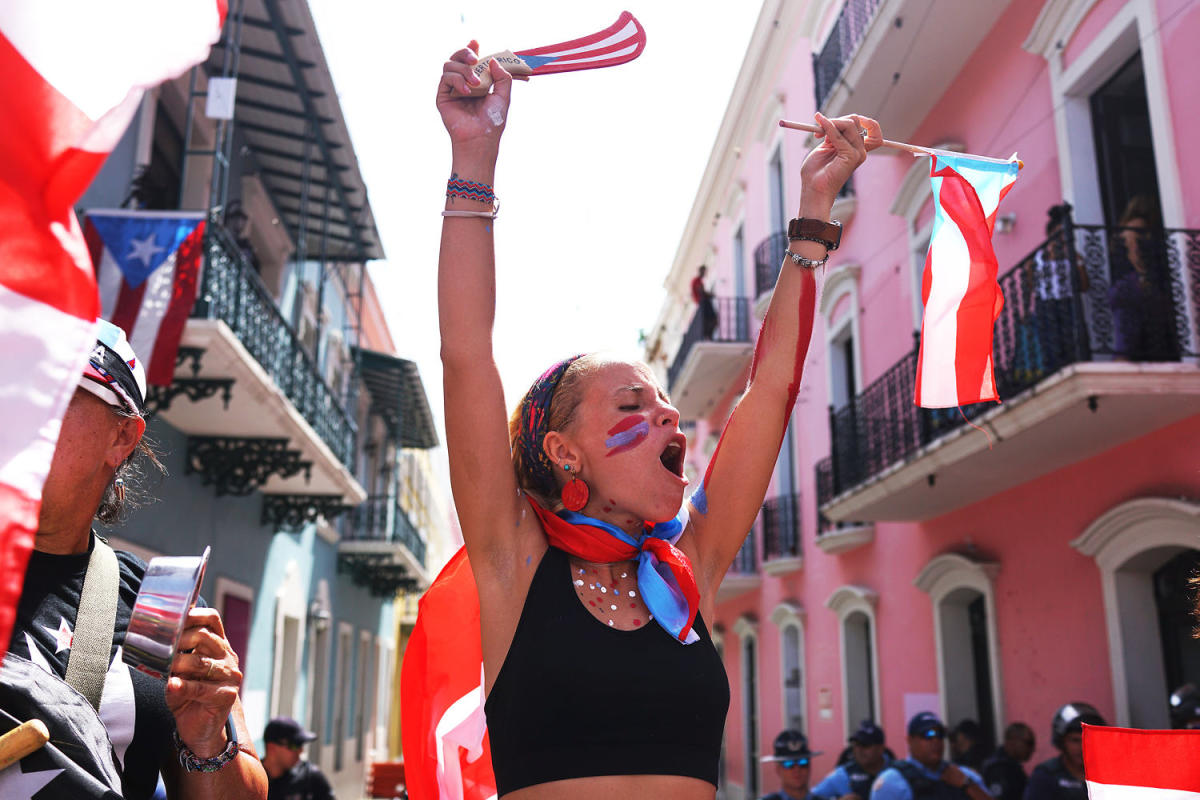“Perreo.” “Jurutungo.” “Güira.” “Jevo.” “Lambeojo.” “Juyilanga.”
These unique Puerto Rican terms are part of a long list of phrases people on the island are hoping to have included in the dictionary of the Real Academia Española, which is considered the ultimate authority on the use of the Spanish language worldwide. Check the long list of terms.
As a U.S. territory with a Spanish colonial past, Indigenous origins and African heritage, Puerto Rico’s vocabulary has become a fundamental aspect of its unique cultural identity.
Institutions like the Academia Puertorriqueña de la Lengua Española are dedicated to preserving and studying Puerto Rican Spanish. They are leading efforts to ensure that Puerto Rican words are recognized by the Real Academia Española.
Words with Indigenous influence, like “güira” (easy thing), and African influence, like “jurutungo” (a remote place), provide evidence of Puerto Rico’s rich history.
Terms such as “perreo,” the name of a dance tied to the globally popular reggaeton music genre with deep roots in Puerto Rico, reflect the island’s more recent history.
A mix of these influences has given rise to unique terms used by generations of islanders, such as “jevo” (love interest), “juyilanga” (an escape) and even “lambeojo” (translated as eye licker, similar in meaning to ‘kiss ass’).
Since 2021, the Academia Puertorriqueña de la Lengua Española has submitted hundreds of Puerto Rican Spanish terms, including “jumeta” (drunkness), “jampearse” (binge-eat), and “mofongo” (a signature dish of mashed green plantains), to the Real Academia Española for consideration.
However, getting official approval for these words is a challenging endeavor. Experts must provide ample evidence and documents showing widespread use, accompanied by a defined lexicographic criterion.
Of the hundreds of Puerto Rican terms submitted last year, around 70 definitions were accepted by the Real Academia Española, according to María Inés Castro Ferrer, academic secretary of the Academia Puertorriqueña de la Lengua Española.
“It’s crucial that we are represented as Spanish speakers and role models,” she remarked in an interview with the Puerto Rican national newspaper “El Nuevo Día.”
This article was originally published on NBCNews.com


